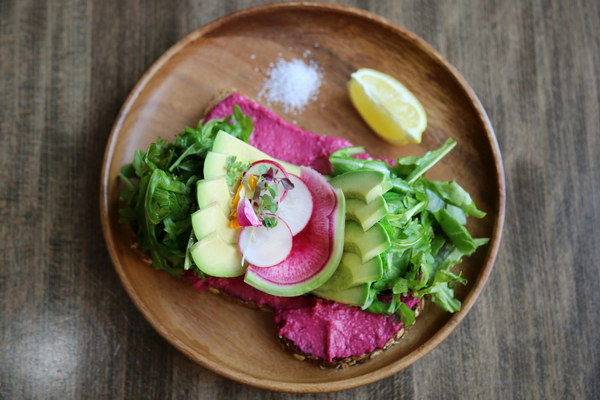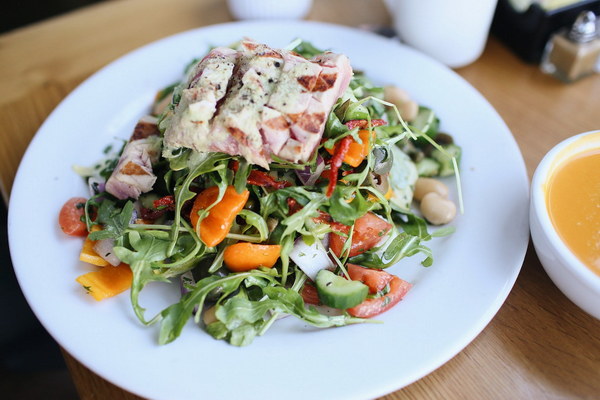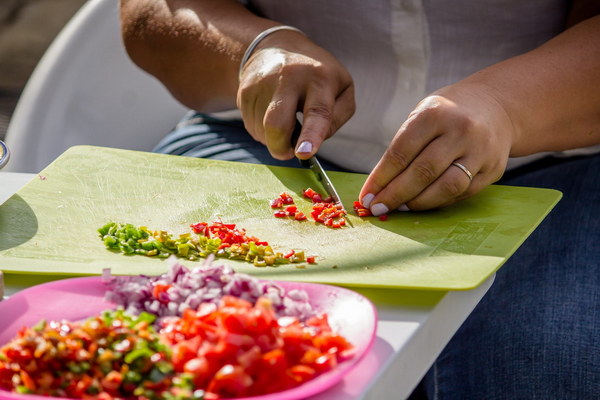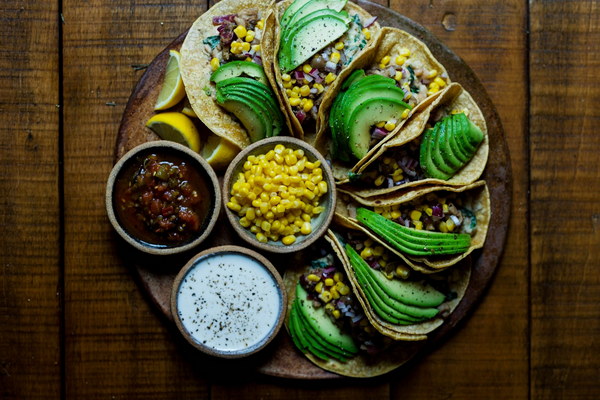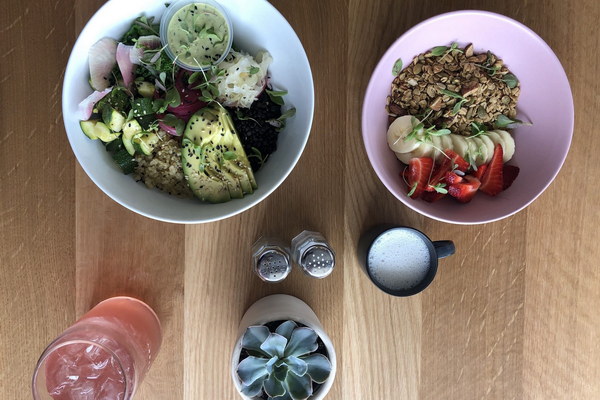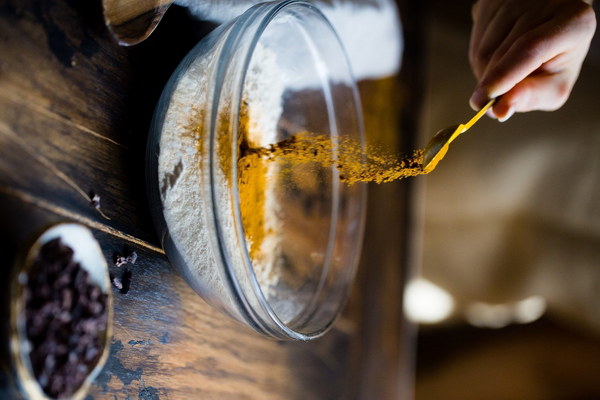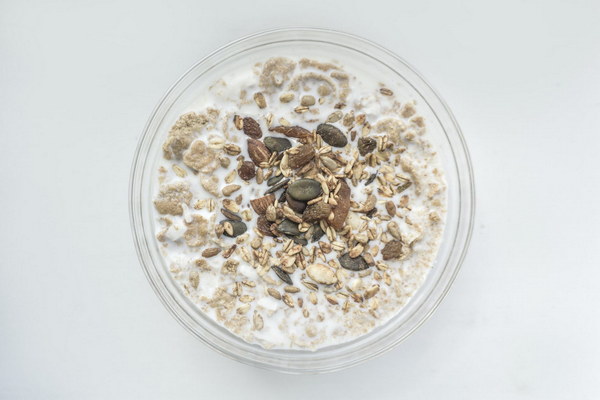Feeding Iron-Rich Foods to Boost Your Baby's Health A Comprehensive Guide
Introducing iron-rich foods into your baby's diet is essential for their healthy growth and development. Iron is a vital nutrient that helps transport oxygen throughout the body, supports brain development, and strengthens the immune system. However, many babies are at risk of iron deficiency, which can lead to anemia and other complications. In this article, we will discuss the importance of iron in your baby's diet and provide a comprehensive guide to incorporating iron-rich foods into their meals.
Why is iron important for babies?
Iron is crucial for babies as they grow rapidly during the first two years of life. During this period, their bodies require a significant amount of iron to support the development of the brain, nervous system, and immune system. Iron also plays a key role in the production of hemoglobin, the protein responsible for carrying oxygen in red blood cells.
What are the signs of iron deficiency in babies?
Signs of iron deficiency in babies may include:
- Fatigue and weakness
- Poor appetite
- Difficulty concentrating
- Paleness
- Rapid heartbeat
- Shortness of breath
If you suspect your baby is experiencing these symptoms, it's important to consult with a healthcare professional for proper diagnosis and treatment.
How to incorporate iron-rich foods into your baby's diet:
1. Breast milk and formula: Breast milk is naturally rich in iron, and iron-fortified formula is also available for babies who are not breastfed. Ensure your baby receives adequate iron from these sources.
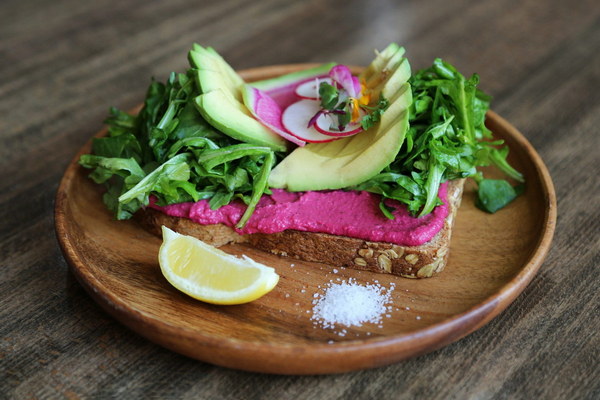
2. Iron-fortified cereals: Introduce iron-fortified cereals as your baby's first solid food. Start with a small amount and gradually increase the quantity as your baby grows.
3. Meat and meat alternatives: Offer lean red meat, such as beef, lamb, and pork, as well as poultry and fish. These foods are excellent sources of heme iron, which is more easily absorbed by the body than non-heme iron found in plant-based foods.
4. Poultry and fish: Chicken, turkey, and fish are great sources of iron, especially when cooked in a way that retains the nutrients. Be cautious when introducing fish to your baby, as some types can contain high levels of mercury.
5. Eggs: Eggs are a great source of iron, especially the yolk. Introduce scrambled or soft-boiled eggs to your baby's diet as they begin to eat solid foods.
6. Legumes: Beans, lentils, and chickpeas are excellent sources of iron, as well as fiber and protein. Cook these legumes in iron-rich broth to enhance iron absorption.
7. Fortified plant-based milks: For babies who are not consuming breast milk or formula, fortified plant-based milks can be a good source of iron.
8. Green leafy vegetables: Spinach, kale, and Swiss chard are rich in iron, as well as other essential nutrients. Steam or cook these vegetables to make them more digestible for your baby.
9. Dried fruits: Raisins, prunes, and apricots are high in iron and can be a delicious treat for your baby. However, be cautious with the amount of sugar and calories in these fruits.
10. Iron-fortified bread and pasta: These products can provide additional iron in your baby's diet, especially if your baby is not eating a wide variety of iron-rich foods.
Remember to introduce new foods one at a time and observe for any signs of allergic reactions. Always consult with your pediatrician before making any significant changes to your baby's diet.
In conclusion, iron is a vital nutrient for your baby's growth and development. By incorporating iron-rich foods into your baby's diet, you can help prevent iron deficiency and ensure a healthy start in life. Consult with your pediatrician for personalized advice and recommendations on your baby's diet.
